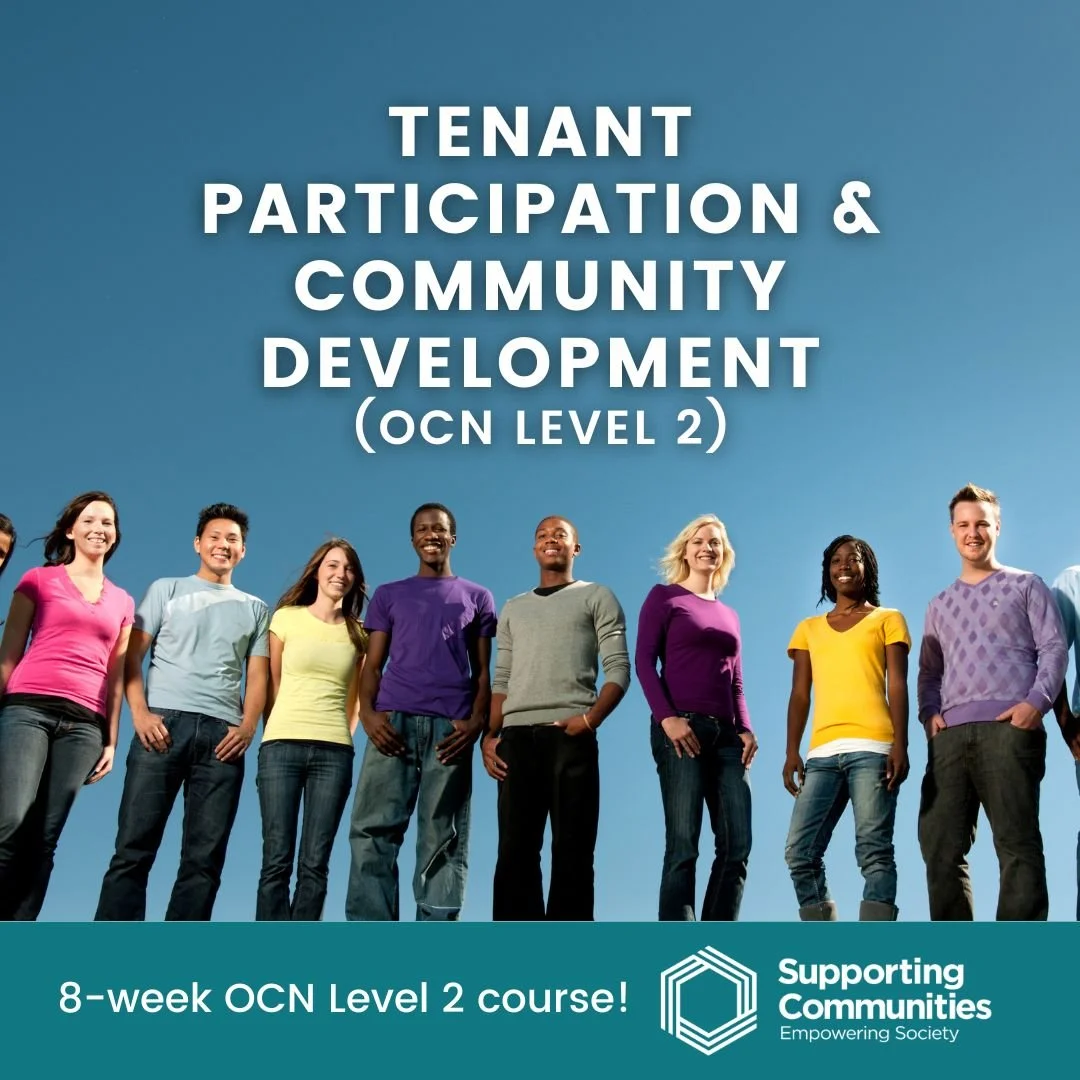Developing Tenant Engagement in Ireland
/by Alex Dowdall, The Housing Agency
Alex Dowdall, The Housing Agency
In July 2021, The Housing Agency collaborated with Supporting Communities to host a series of tenant engagement workshops for Irish housing practitioners. These workshops were organised under The Housing Agency’s remit to provide training and education opportunities for the Irish housing sector. Consultations conducted by The Housing Agency with stakeholders in late 2020 and early 2021 indicated a desire for training in the field of tenant engagement. This was seen as a growth area and of wide relevance to housing staff in both Approved Housing Bodies and Local Authorities. It was also seen as important in the context of the development of regulatory standards for the Approved Housing Body sector by the AHBRA.
Stakeholder consultations and desk research identified a perception among housing practitioners that the field of tenant engagement was underdeveloped in Ireland compared with other countries. As such, a workshop focusing on networking, peer-to-peer learning, and presenting examples of international best practice was deemed the most appropriate approach to take.
Supporting Communities, the Independent Tenant Organisation for Northern Ireland, collaborated in the delivery of the workshop, drawing on their wide experience in the field of Tenant Engagement, including in the delivery of training, the development of organisational strategies and standards, and consultation. The workshop was planned to consist of an overview of best practice in the field, and opportunities for participant-led discussions.
Initially, one workshop was to be delivered for an audience of 40-50. However, when the workshop was advertised it generated considerable interest, and the number of registrants could not be accommodated in one session without sacrificing the networking and participant-led discussion elements. It was decided that the workshop would be run on two further dates to accommodate demand. Over the three days, 131 participants took part, including:
76 AHB staff, from 27 separate organisations
51 Local Authority staff, from 14 Local Authorities
4 staff from other organisations, including NGOs, advocacy and research groups
Attendees came from various roles including front-facing staff dealing with tenants every day and senior management interested in developing tenant engagement strategies. There was also a wide range of experience, from those working in their roles for less than a year to those with 20+ years of experience.
The workshops were each two hours long and conducted via Zoom. The workshops began with a 45-minute presentation from Supporting Communities addressing the following questions:
What is tenant participation?
Why your organisations’ culture is key;
Regulatory requirements (NI and ROI); and
A range of good practice examples
This was followed by small group breakout rooms facilitated by Housing Agency staff to encourage participant discussion. Structured discussions were held around four key questions:
What are the benefits of tenant participation?
What challenges are associated with tenant participation?
What support would you need to progress tenant participation in your organisation?
What does the future of tenant participation in Ireland look like?
The workshops concluded with a feedback and comment session, where each of the facilitators summarised their breakout rooms’ discussions to the wider group. The discussions held were wide-ranging and covered an array of themes related to tenant engagement.
Participants considered how tenant engagement can improve service delivery; how it can promote community building; its benefits in terms of maintenance, rents, and finance; and how it allows tenants a greater sense of ownership over their living situations.
In terms of the challenges of tenant engagement, participants identified issues around capacity and resourcing, communication, the management of expectations, and securing buy-in from tenants, communities and other stakeholders. Practical measures to progress tenant engagement were discussed, including training; ways of improving understanding of the benefits of tenant participation; how to manage tenant expectations; securing organisational buy-in and collaborative working.
Particularly wide-ranging discussions were held on what the future of tenant participation in Ireland might look like, with participants considering issues relating to governance and organisational matters, improved tenant forums, the increased use of technology, and fostering more active forms of engagement.
Overall, the workshops revealed a strong commitment among Ireland’s housing practitioners to further develop the principles and practice of effective tenant engagement – a commitment that will no doubt lead to exciting new developments in the field.










